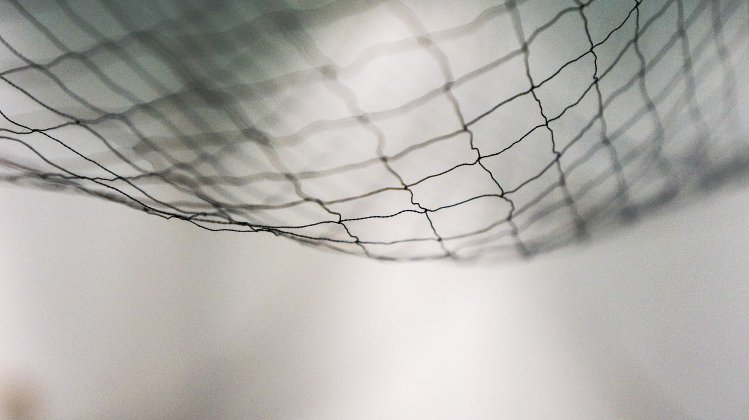Meet a music therapist at the Brattleboro Retreat
Daniel Lang, MOT, OTR/L
Meet Colleen E. Carney, PhD, Director of the Sleep and Depression Laboratory at Ryerson University in Toronto. In this interview with host, Gay Maxwell, Dr. Carney describes why cognitive behavioral therapy is the best treatment for insomnia.
Recent news of the closure of Maple Leaf Treatment Center in Underhill took many of us in the field of mental health and addiction by surprise. Too many Vermonters in need of addiction treatment are already underserved. And the sudden loss of Maple Leaf's 41 beds along with its outpatient program for people battling opioid addiction is an unfortunate blow that will further strain our state's loosely stitched patchwork of mental health and addiction services.
Brattleboro Retreat
Depression. Anxiety. PTSD. Bi-polar disorder. Alcohol and other drug problems. If left untreated, psychiatric and addiction challenges like these can damage careers, hurt relationships, and even destroy lives. That’s why the skilled caregivers at the Brattleboro Retreat are dedicated to helping children, adolescents, and adults who face mental illness or addiction find the hope and healing they deserve.
A discussion with David Lovelace
David Lovelace, poet, writer, and carpenter, joins host Gay Maxwell on Keep Talking to discuss his book: Scattershot: My Bipolar Family, which vividly chronicles his experience growing up in a family where four of the five members suffered from Bipolar Disorder.
News of the death by suicide of Walter Cronkite's grandson, Peter, age 22, is another painful public reminder of the lethal potential of untreated mental illness. Cronkite took his own life over the weekend of April 25 in his dorm room at Colby College in Maine. He was just weeks away from graduation and was set to receive an award for excellence in his classics major.
In this Keep Talking segment, Gay Maxwell, LICSW, is joined by special guest Patricia DiBartolo, PhD, who explains how perfectionism can be both a blessing and a curse and suggests how its painful aspects can be addressed in a therapeutic setting. Taped at BCTV in June 2014.
Most of us have vivid memories, and often personal stories, of recent tragedies that have affected us or our nearby communities: Tropical Storm Sandy, the Newtown shooting, the Boston Marathon Tragedy, a hurricane named Irene and now the typhoon in the Philippines.
In the aftermath of these very public disasters, we often hear “good news” clips: the community comes together; a lost dog is found; the little guy reaches out to help his neighbors who are grateful and in turn help someone else.
In this insightful interview with Gay Maxwell, Kevin Gallagher, MS, LCMHC, NCC, explains how a teenage brain functions and the connections between brain function and behavior. Kevin also discusses the challenges teens face growing up in today's world versus the world in which their parents grew up.
Geoff Kane, MD, MPH
I’m often asked by concerned parents and other individuals who have regular contact with young people: “Is it possible to recognize when a teen, or even a younger child, has a drug or alcohol problem? What should I look for?” The short answer is yes, it is possible; but the longer answer can be much more complicated. That’s because it is not unusual for older people to be completely unaware of a young person’s involvement or dependence on alcohol or other drugs.






